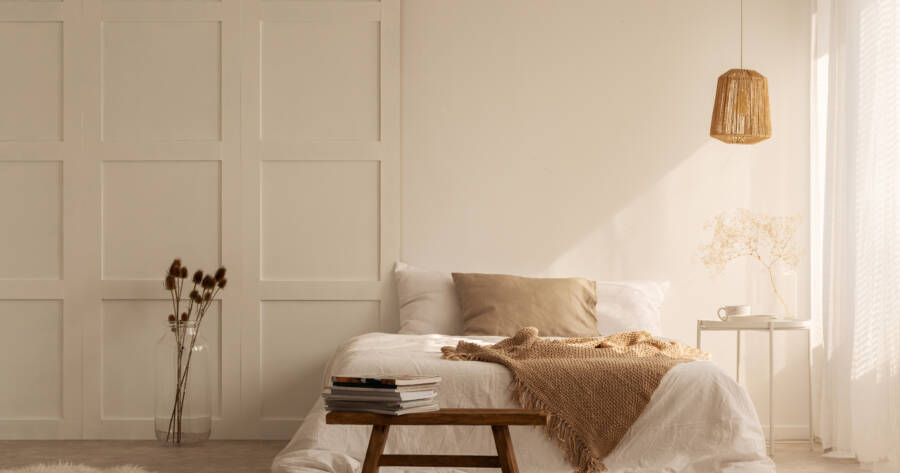Minimalism is a lifestyle that focuses on the essentials, reducing clutter and distractions to live a more intentional and fulfilling life. This movement is more than just decluttering; it’s about intentionally focusing on what truly matters. By embracing simplicity, we create space for experiences, relationships, and peace of mind. The “less is more” lifestyle invites you to find joy in the essential and let go of the excess.
What is Minimalism?
Minimalism is a lifestyle that emphasizes the value of simplicity and the intentional use of resources. It involves paring down possessions and activities to focus on what is truly essential. Minimalists believe that by living with less, they can achieve greater freedom, contentment, and fulfillment.
The concept of minimalism has been around for centuries, but formally took root in the early 1960s amid the New York art scene. Unlike abstract impressionist work, minimalism removed biography, metaphor, and dramatics from the work. 1 Likewise, the modern minimalist movement has gained popularity in recent years as a reaction to the increasing materialism and consumerism of modern society. Minimalism offers an alternative way of life that is more sustainable, both for individuals and for the planet.
There are many different ways to practice minimalism, and what it means to be a minimalist can vary from person to person. Some common minimalist practices include:
- Reducing the number of possessions
- Living in a smaller space
- Consuming less
- Focusing on experiences rather than things
- Practicing mindfulness and gratitude
Minimalism: A Path to Freedom
Minimalism can lead to a greater sense of freedom in several ways. By reducing the number of possessions, individuals can become less attached to material things and more focused on the things that truly matter to them. This can lead to a greater sense of contentment and fulfillment.
Following minimalism practices can also free up time and money that would otherwise be spent on acquiring and maintaining possessions. This can allow individuals to pursue passions they thought they couldn’t afford. They can spend more time with loved ones, or in the great outdoors. They are less chained to the upkeep of their belongings.
Finally, minimalism can help individuals to become more resilient in the face of adversity. By living with less, individuals can become more adaptable and less dependent on material possessions. This can make it easier to cope with unexpected challenges and changes.
Minimalism: Less is More
The minimalist lifestyle is based on the principle that less is more. Minimalists believe that by living with less, they can achieve greater happiness and fulfillment. This is because minimalism allows individuals to focus on the things that are truly important to them, rather than being distracted by the pursuit of material possessions.
In a review of 23 studies, Joshua Hook and his colleagues found that over 80 percent of cases linked minimalism with a greater sense of psychological well-being. 2 Reducing consumption and focusing on the essentials can indeed contribute to happiness and meaning. For many, the big challenge is realizing that they don’t need so much clutter in their lives.
Learn More About Minimalism
If you are interested in learning more about minimalism, there are many resources available. You can find books, articles, and blogs on the topic. There are also many minimalist communities where you can connect with others who are interested in living a minimalist lifestyle.
